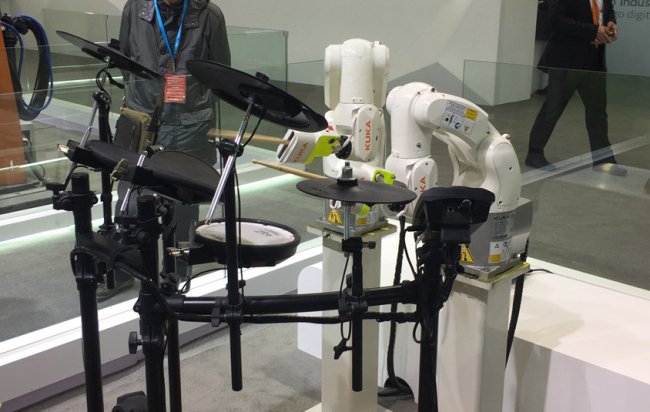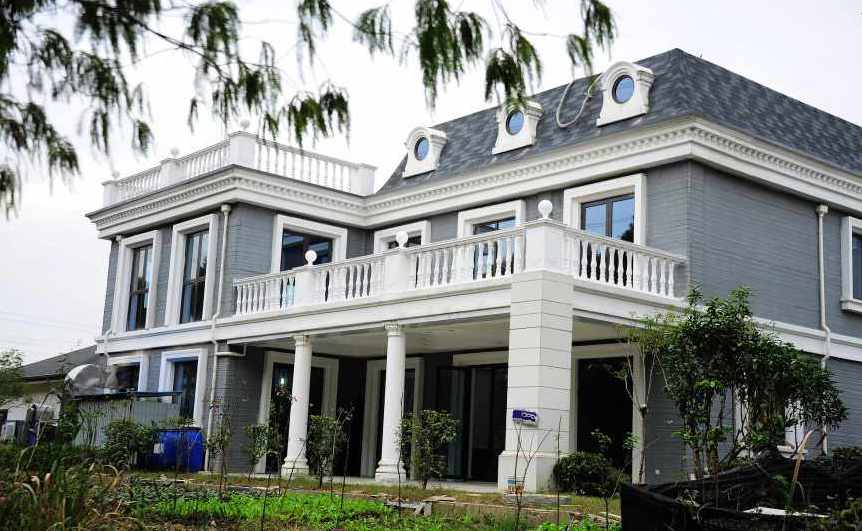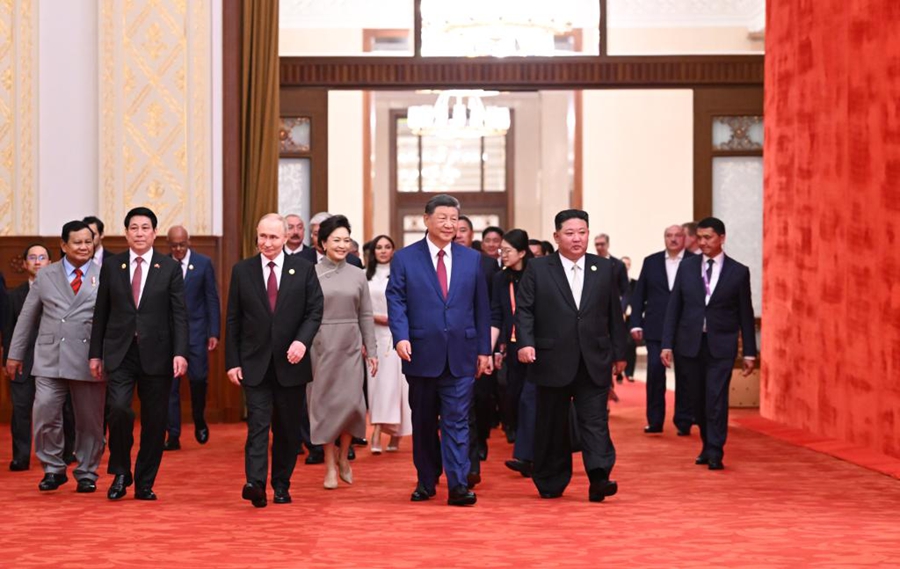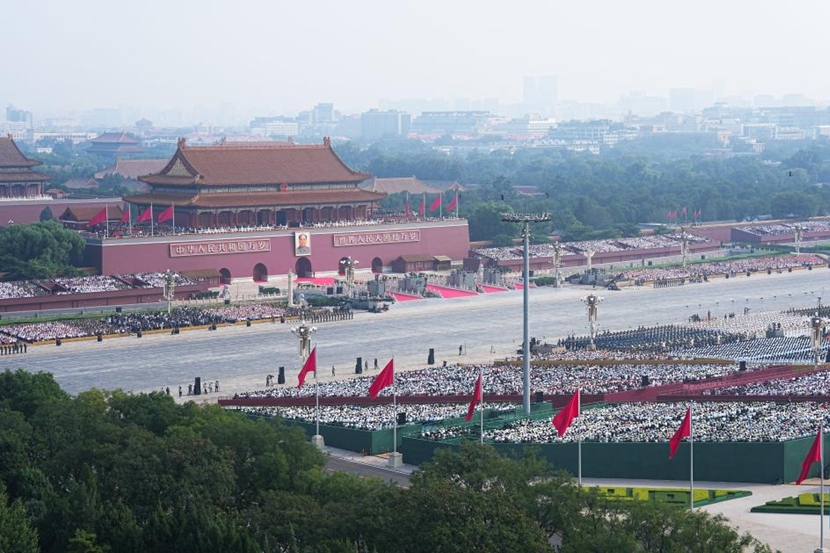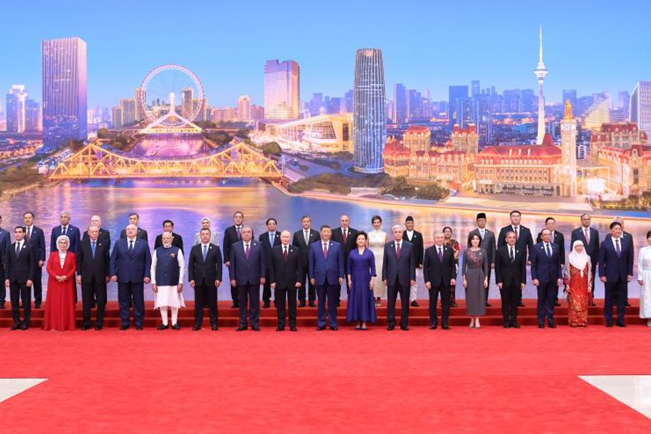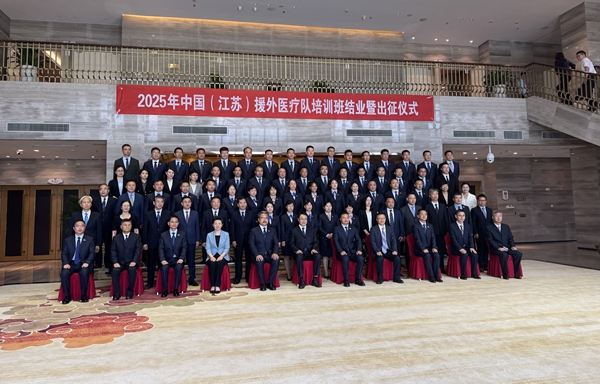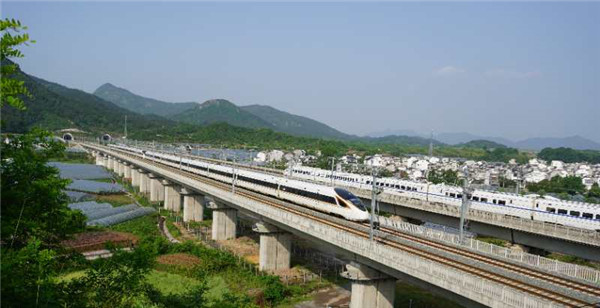
The railway network under rapid development has played an important role in the integrated development of the Yangtze River Delta, a hotspot of key development strategies including Belt and Road initiative and the Yangtze River Economic Belt.
In 2019, railway line in the region which consists of Jiangsu, Zhejiang, Anhui and Shanghai reached 11,632 kilometers long, including 24 high-speed lines totaling 4,997 kilometers. As China promotes the integrated development in the region and builds the economic belt along the longest waterway in the country, railway construction sees rapid growth in the delta region.
It is expected that during the 14th Five-Year Plan (2021-2025), the region will boast 22 high-speed railways, six ordinary railways and seven renovation projects, while the railway line will extend to 7,300 kilometers and transportation capacity will be increased significantly. By 2025, the region’s railway intensity will reach 507 kilometers long per 10,000 square kilometers.
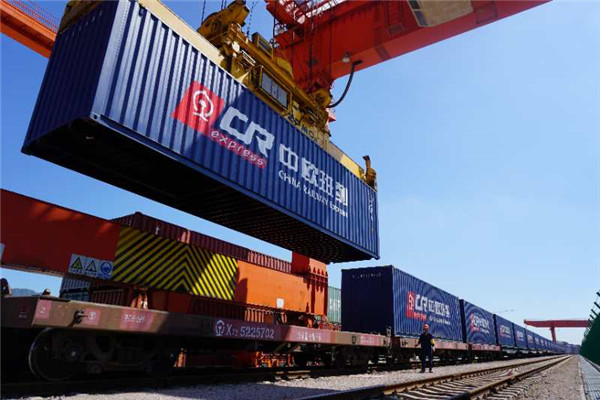
China-Europe freight train has become a great booster to the economic development. Since the opening of the freight train’s first trip from Suzhou to Warsaw opened on September 29, 2013, the region now has 11 routes for the China-Europe cargo trains and links with 35 cities in 18 countries in Asia and Europe.
Now there is a steady increase of the number of China-Europe freight trains departing from Suzhou, Yiwu of Zhejiang province, Hefei of Anhui province, Nanjing, Lianyungang and Shanghai to facilitate foreign trade. Many routes feature special goods, such as small commodities from Yiwu, electronic products from Suzhou and home appliances and auto parts from Hefei.
From January to May this year, the Yangtze River Delta reported 692 trips of China-Europe and China-Central Asia cargo trains, delivering 32,878 TEUs, or a year-on-year growth of 33.6 percent. The region has provided over 1,118 tons of materials used to combat the coronavirus outbreak to countries in Europe and Central Asia through the cargo trains.
Contact us at english@jschina.com.cn

